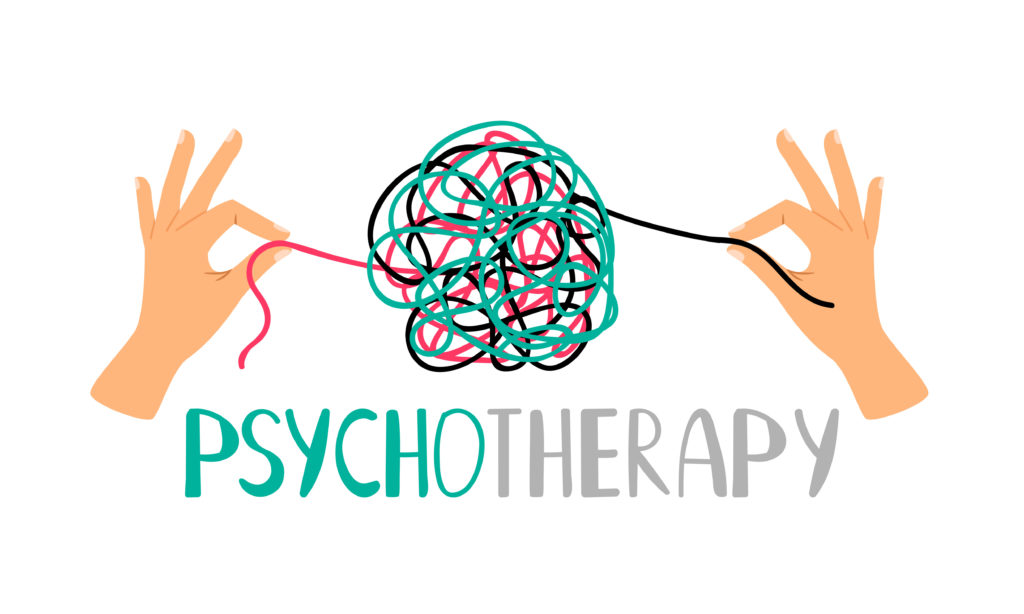Difference between Counseling and Psychotherapy
Counseling and psychotherapy are different, they are often used interchangeably. Let us understand how they are different. Counseling usually refers to short-term consultancy. Psychotherapy refers to long-term treatment. Counselling usually deals with current issues that can be tackled at the conscious level. Psychotherapy looks very closely at a person’s psychological history. Counseling is more connected with immediate and practical problems and their results. Psychotherapy focuses on assisting a person in understanding his or her life in a deeper and more reflective way.
Counseling helps a person in dealing with powerful emotions like grief, anger, immediate causes of anxiety and stress. It also helps in clarifying values, identify options while taking important decisions, be it personal or professional, managing conflicts in relationships, develop better communication and interpersonal skills, or deliberately change unproductive thoughts and behaviors.
Psychotherapy is an evolutionary process that provides a long-term view of one’s attitudes, thoughts, and behaviors that are responsible for the current quality of life and relationships. It is more profound and tries to uncover the root cause of issues, leading to more dramatic changes in perspective regarding oneself, one’s life experience, and the world. In other words, psychotherapy frees the person by removing the unconscious triggers or impulses and empowers him through increased self-awareness. Typically, a qualified counselor has a certificate or diploma in counseling, preferably the latter. Counselors, psychotherapists, and psychologists do not have medical training. However, psychotherapists can include psychiatrists, who have a medical background.
Mental health professionals are trained and skilled in practicing counseling or psychotherapy. If necessary, both of these may be integrated, if required. Sometimes, counseling symptoms like indecisiveness or procrastination in a person can unravel a thought pattern and behavior that may need in-depth psychotherapy, provided the patient is ready to deal with deeper issues. No matter what the treatment may be, in both counseling and psychotherapy, the bottom line is that the relationship must be based on mutual trust, respect, support, and deep honesty.








